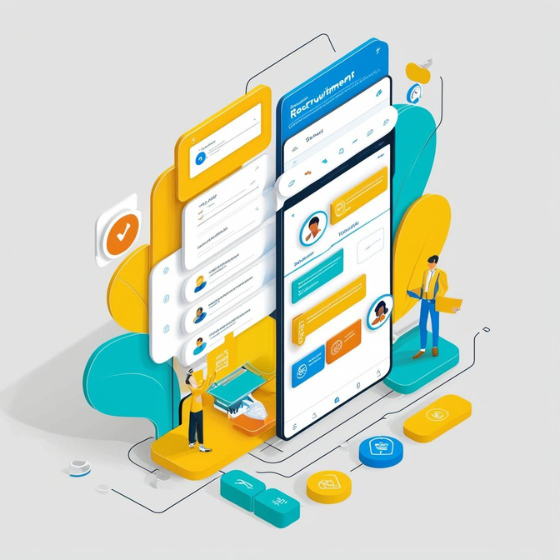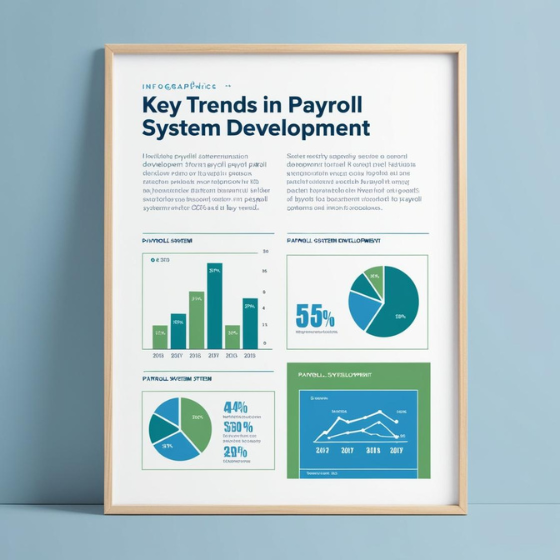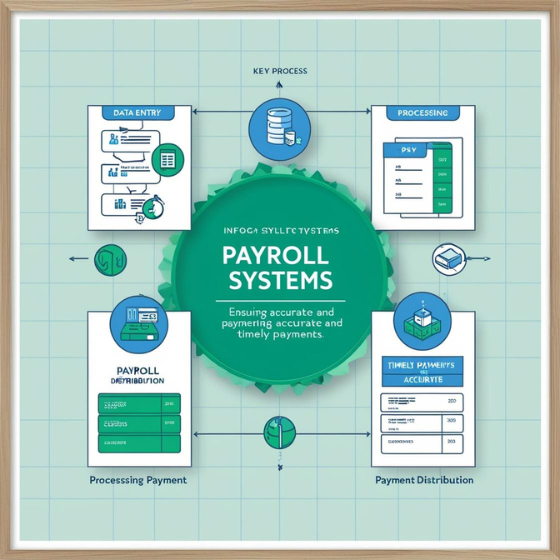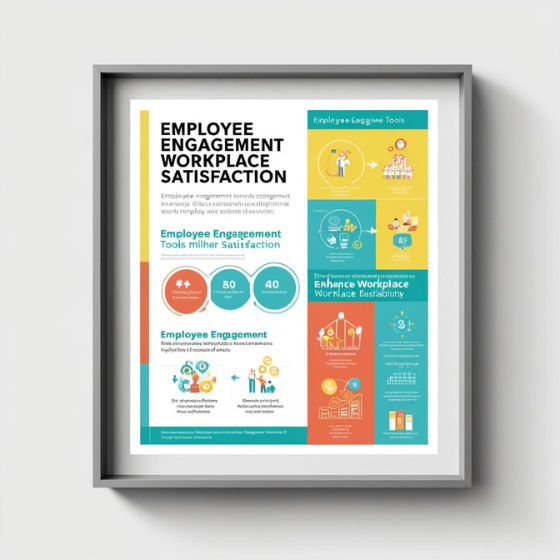Developing Efficient Recruitment Platforms
In today’s fast-paced job market, recruitment platforms have become indispensable tools for businesses looking to attract top talent and streamline hiring processes. The development of efficient recruitment platforms is critical for connecting employers with the right candidates while saving time, reducing costs, and improving the overall experience for all parties involved.
This blog explores the key elements of developing efficient recruitment platforms, the latest technologies shaping the industry, and how custom solutions can meet the unique needs of businesses and job seekers alike.
Why Efficiency Matters in Recruitment Platforms
An efficient recruitment platform can significantly impact the hiring process, both for employers and candidates.
Benefits for Employers:
- Reduced time-to-hire through automated processes.
- Cost-effective recruitment by minimizing manual tasks.
- Access to a diverse talent pool across industries and locations.
Benefits for Candidates:
- Faster application processes with personalized job recommendations.
- Enhanced transparency with real-time updates on application status.
- Improved experience through user-friendly interfaces and mobile accessibility.
Efficiency in recruitment platforms not only ensures smoother operations but also helps companies build stronger employer brands and attract better talent.
Key Features of an Efficient Recruitment Platform
1. Streamlined Job Posting and Application Processes
A core feature of any recruitment platform is its ability to make job posting and application processes seamless for both employers and candidates.
Features to Include:
- Templates for Job Descriptions: Allow employers to quickly create and publish job openings.
- One-Click Applications: Simplify the process for candidates to apply with minimal effort.
- Customizable Filters: Enable employers to target the right candidates based on skills, experience, and location.
2. Advanced Applicant Tracking Systems (ATS)
An ATS is the backbone of an efficient recruitment platform, allowing HR teams to track, manage, and evaluate applicants throughout the hiring process.
Essential ATS Features:
- Resume Parsing: Automatically extract and organize key information from resumes.
- Stage Tracking: Monitor candidates at each stage of the hiring pipeline, from application to onboarding.
- Collaboration Tools: Enable team members to share feedback and make collective decisions.
3. AI-Powered Job Matching
Artificial intelligence plays a pivotal role in modern recruitment platforms by matching candidates with job openings based on compatibility.
How It Works:
- Uses machine learning to analyze candidate profiles and job requirements.
- Identifies the best matches by evaluating skills, experience, and cultural fit.
- Provides personalized recommendations to candidates, boosting application rates.
This technology saves employers from sifting through irrelevant applications and ensures candidates are matched to roles where they’re most likely to succeed.
4. Automation and Workflow Integration
Automation is key to eliminating repetitive tasks and streamlining operations.
Examples of Automation in Recruitment Platforms:
- Automated Scheduling: Coordinate interviews without manual back-and-forth communication.
- Follow-Up Emails: Send status updates and reminders to candidates automatically.
- Onboarding Workflows: Automate the collection of necessary documents and initial training materials.
Integration with existing HR tools like payroll systems and learning management systems further enhances the platform’s efficiency.
5. User-Centric Design and Mobile Accessibility
An efficient recruitment platform must offer a seamless user experience for both employers and candidates.
Key Design Elements:
- Intuitive Dashboards: Provide clear navigation and easy access to essential tools.
- Mobile Optimization: Ensure full functionality across all devices, enabling candidates to apply on the go.
- Accessibility Features: Include language options, screen readers, and other tools to cater to diverse users.
Mobile accessibility increases engagement, particularly among younger job seekers who rely heavily on smartphones.
6. Data-Driven Insights and Analytics
Recruitment platforms should offer robust analytics tools that provide actionable insights into the hiring process.
Key Analytics Features:
- Recruitment Metrics: Track time-to-hire, cost-per-hire, and applicant drop-off rates.
- Diversity Analytics: Monitor hiring patterns to ensure compliance and promote inclusion.
- Predictive Analytics: Use historical data to forecast future hiring needs and trends.
7. Security and Compliance
Protecting user data and adhering to regulations is critical for maintaining trust and avoiding legal complications.
Must-Have Security Features:
- Data Encryption: Safeguard sensitive information like resumes and personal details.
- Compliance with Local Laws: Ensure the platform adheres to regulations like GDPR or CCPA.
- Audit Logs: Maintain a detailed history of system activities for transparency.
Technologies Shaping Recruitment Platforms
Artificial Intelligence and Machine Learning
AI helps automate tasks like resume screening, candidate matching, and predictive analytics, improving accuracy and reducing bias.
Blockchain Technology
Used for verifying credentials and creating tamper-proof candidate records, blockchain ensures data integrity and authenticity.
Cloud Computing
Cloud-based recruitment platforms provide flexibility and scalability, allowing businesses to access their data anytime, anywhere.
Video Interviewing Tools
Built-in video capabilities enable remote interviews, making the platform ideal for global hiring.
Best Practices for Developing Recruitment Platforms
- Understand User Needs: Conduct surveys and interviews with HR professionals and job seekers to identify pain points and desired features.
- Focus on Scalability: Build a platform that can grow with the organization, accommodating more users and advanced features over time.
- Test for Usability: Ensure the platform is intuitive and user-friendly through rigorous testing with real-world users.
- Prioritize Data Security: Implement robust security measures to protect sensitive information and build user trust.
Why Choose Sodio for Recruitment Platform Development?
At Sodio, we specialize in designing and developing efficient recruitment platforms tailored to the needs of modern businesses.
What Sets Us Apart?
- Customized Solutions: We build platforms that align with your unique recruitment goals.
- Cutting-Edge Technologies: Our platforms integrate AI, blockchain, and cloud computing for unparalleled efficiency.
- Ongoing Support: From initial development to maintenance and updates, we’re with you every step of the way.
Contact Sodio today to transform your hiring process with a custom recruitment platform.
Conclusion: Revolutionizing Recruitment with Efficiency
Developing efficient recruitment platforms is key to meeting the challenges of today’s hiring landscape. By incorporating advanced technologies, user-centric designs, and robust automation, these platforms empower businesses to find the right talent faster and more effectively.
Whether you’re an employer seeking top talent or a developer looking to build cutting-edge solutions, efficiency should always be the driving force. Ready to take your recruitment strategy to the next level? Contact Sodio today to learn more about our innovative platform development services.







